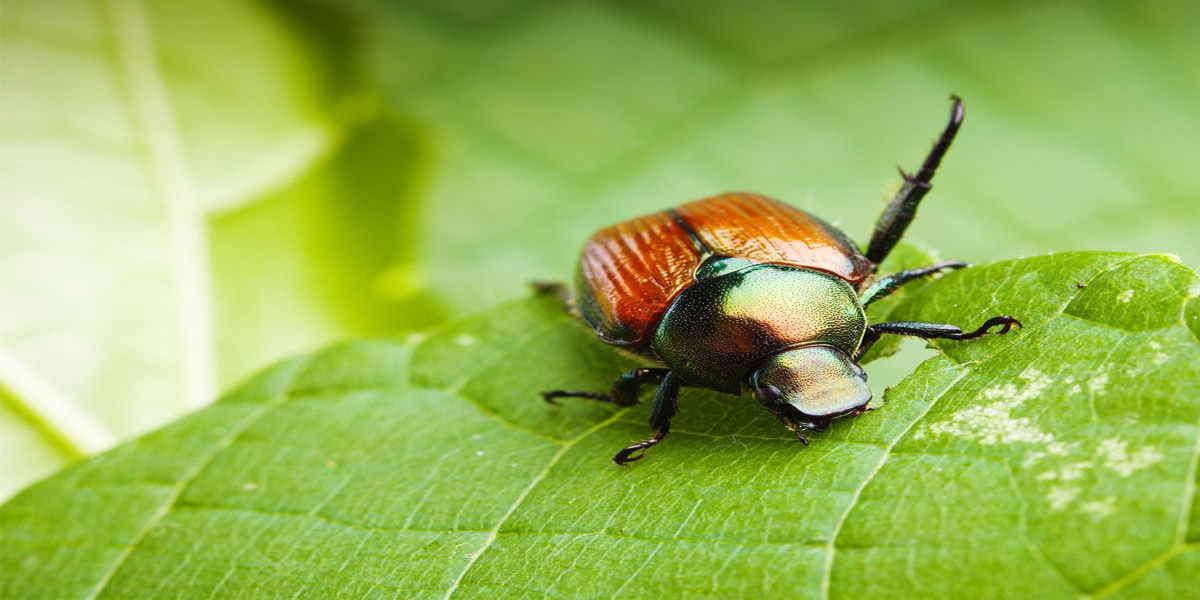Landscaping has pros and cons, and if you have a landscaped garden, you will hopefully experience more positives than negatives. As for maintaining and caring for your garden, some of you may view this as one of its most desirable aspects, assuming that you are a keen gardener and love everything gardening involves. Alternatively, as advised by landscaping experts at www.intreeglandscapes.com.au, many customers might appreciate their lovely landscaped area and love sitting in their garden but hate any work required to maintain it.
For those of you with either of these views and all the others in between, there is no getting away from the fact that maintaining a landscaped garden is essential. Otherwise, it will deteriorate and, if left uncared for, could cost as much to put right as it did to have installed in the first place. Also, poorly maintained landscaping not only fails to add value to your property, but it could also lessen your property’s value.
As for the specific tasks required to maintain and care for landscaped gardens, one of the most important is dealing with pests. By pests, we mean undesirable bugs, fungi, and the like, not your neighbours’ unruly children. That might be just as well, given that we are going to explain ten tips to help you naturally rid your landscaped garden of pests, which we assure you does not include chasing kids from your lawn.
Tip #1 – Strive For The Healthiest Soil Possible: One of the most effective ways of discouraging harmful bugs whilst also encouraging your plants to grow, is to take steps to ensure that the soil in your garden is in optimal health. Using natural fertilisers will help you achieve this.
Tip #2 – Choose Pest Resistant Plant Varieties: A wise choice of plants when your landscape design is being created can help reduce harmful pests. This is because some plants are naturally resistant to pests.
Tip #3 – Place Plants Correctly: Where specific plants are placed can help reduce the occurrence of unwanted pests. Take into account sun levels and water requirements to ensure a plant is positioned where it will be the healthiest and thus more resistant to unwanted bugs.
Tip #4 – Do Your Watering First Thing: A simple action is to water plants first thing in the morning as this ensures they are well-hydrated during the day and pests tend to avoid plants that they know are strong and healthy.
Tip #5 – Remove Organic Debris: The likes of fallen leaves and grass cuttings are a magnet for harmful fungus, bugs, and pests to breed so make sure you remove all organic debris from your landscaped garden without delay.
Tip #6 – Weed Your Garden Regularly: Weeds are what compete with your plants for nutrients and water and the fewer of them there are, the stronger and more resilient your garden plants will be.
Tip #7 – Encourage ‘Good’ Bugs And Insects: Not all bugs are undesirable with prime examples being ladybugs and hoverflies who will eat the larvae of many of the harmful bugs in your garden. As such, encourage these helpful bugs and insects by including the plants they like in your garden.
Tip #8 – Maintain And Care For Your Garden Properly: We would hope you do this anyway, but if not, be aware that those gardens which are well-maintained and cared for are the ones that suffer less from harmful pests.
Tip #9 – Introduce Physical Barriers: You can stop bugs and pests from getting anywhere near your most sensitive plants by creating physical barriers using insect mesh and horticultural fleece. Secure them properly to the ground to ensure the pests do not simply walk underneath.
Tip #10 – Use Natural Pest Repellents: Possibly our favourite tip as, in a sense, this is plants fighting back. What we mean is that there are varieties of plants, including some herbs, with strong scents such as chives and thyme that naturally repel and deter harmful bugs and pests from entering your garden.

